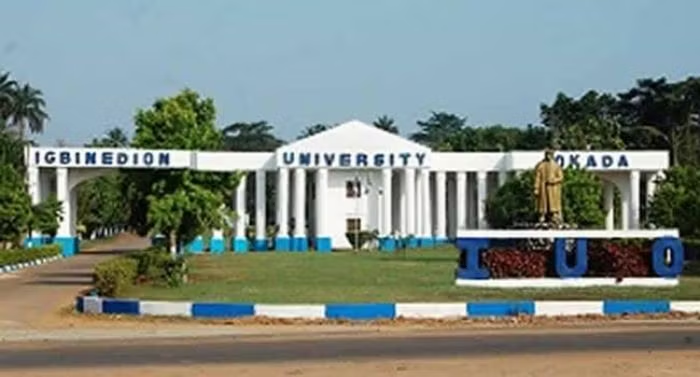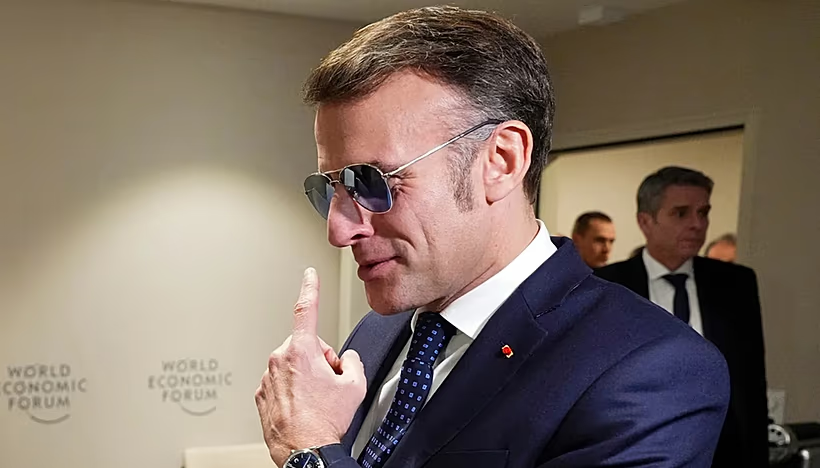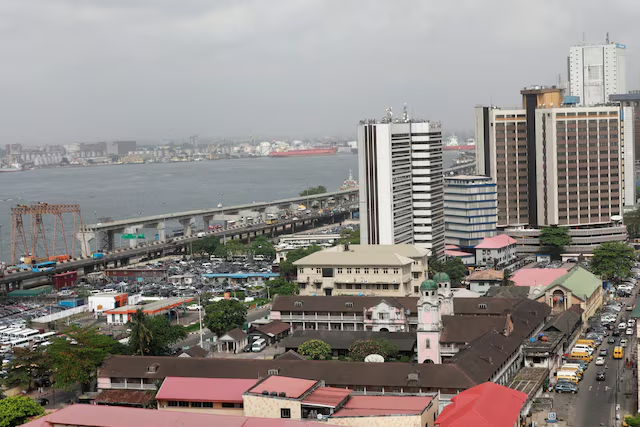U.S. Lawmaker Accuses Tinubu of Downplaying Massacre of 7,000 Nigerian Christians, Cites Corruption in Government

By Erewunmi Peace
A United States lawmaker, Riley Moore, has accused the administration of President Bola Ahmed Tinubu of allegedly downplaying the killings of over 7,000 Christians in Nigeria, while citing alleged corruption and government inaction over religiously motivated attacks.
In a letter reportedly sent to the U.S. Secretary of State, Moore urged Washington to designate Nigeria as a “Country of Particular Concern” for what he described as “systematic persecution of Christians and failure to address escalating violence.”
The congressman claimed that the Nigerian government has failed to properly respond to continuous attacks by extremist groups and criminal elements targeting Christian communities, especially in northern and central regions of the country.
“There are clear signs of deliberate indifference from Nigerian authorities, and it is unacceptable that thousands of lives are being lost without accountability,” Moore said in the letter quoted by Gazette Nigeria.
In response, the Federal Government of Nigeria has strongly dismissed the allegations, describing them as “baseless, misleading, and politically motivated.”
According to the Ministry of Foreign Affairs, Nigeria does not tolerate religious persecution and continues to uphold constitutional guarantees for freedom of religion and belief.
A senior aide to President Tinubu also criticized Moore’s statement, saying it paints a distorted picture of Nigeria’s complex security challenges, which involve banditry, terrorism, and communal clashes rather than religious persecution.
“The administration has been working tirelessly to address insecurity across all regions, regardless of religion or ethnicity,” the aide stated.
Nigeria has faced widespread insecurity in recent years, with violent attacks by armed groups, including Boko Haram and bandits, leading to thousands of deaths and displacements.
While human rights groups have raised concerns about targeted attacks on Christians and Muslims alike, international observers have warned against framing the crisis solely along religious lines, citing overlapping political, ethnic, and economic factors.
Analysts say the U.S. congressman’s comments reflect growing concern in Washington about Nigeria’s human rights record and governance challenges, but they also emphasize the need for verified data and balanced reporting on religious violence.














































































































































































































































































































































































































































































































































































































































































































































































































































































































































































































































































































































































































































































































































































































































































































































































































































































































































































































































































































































































































































































































































































































